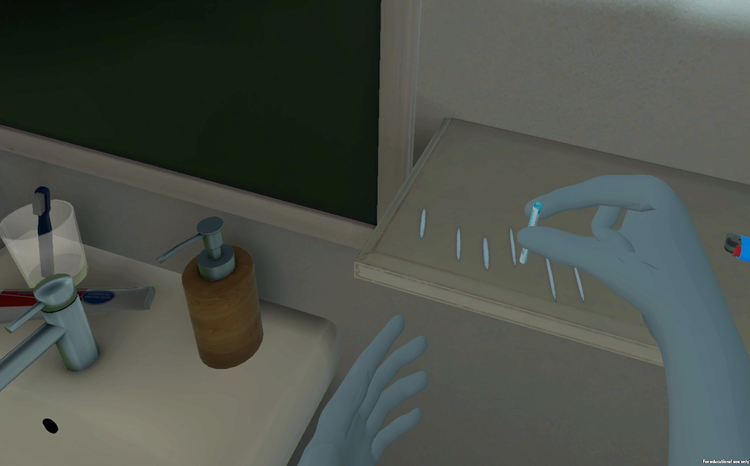Hospital mobile phone blanket bans criticised
- 18 July 2006
Both the Medicines and Healthcare products Regulatory Agency (MHRA) and Parliament’s Health Select Committee have said that there are no technical reasons why mobile phones should be banned outright from hospitals.
The MHRA, the government agency responsible for medical safety, issued a release after continuing enquiries from the public, patients and staff about the status of mobile phones within hospitals. It says that there continues to be a manageable risk from standard consumer mobile phones to hospital equipment and networks in certain areas of the hospital.
And the Health Select Committee, which has published its report today about supplementary charges to NHS care, said that they found no evidence that mobile phones interfered with medical equipment.
Professor Kent Woods, chief executive of the MHRA, said that it was up to hospitals to set their own policies: "The MHRA advises that hospitals develop their own rules on mobile phone use, taking account of local circumstances such as the location of sensitive medical equipment.
"The Agency recommends that mobile phones are not used in critical care areas such as intensive therapy units, special care baby units or where patients are attached to complex devices, as any effect on such equipment could be detrimental to patient care."
It was down to hospitals to actively manage the use of mobiles within their premises, said the MHRA.
In its report, the parliamentary select committee noted that Ofcom had found cases where hospitals had had pressure put upon them by providers of bedside telephones to ban mobiles throughout the premises “in an apparent attempt to extend and widen the provision contained in the written agreement [between the telephone provider and the hospital]”.
The cost of external calls into the hospital came in for particular criticism. "Incoming calls are a source of anger and distress," said the report. "They are charged at a very high rate – up to 49p per minute. A recorded message, which cannot be skipped, makes incoming calls even more expensive."

The MHRA also recognised there were also several examples of social and procedural reasons why mobile phones should be curbed in hospitals.
Camera phones could intrude on patient confidentiality, and phone noises and ringtones might disturb resting patients or medical discussions, or be confused with alarm tones on medical equipment.
The Health Select Committee partially agreed, saying: "It is claimed that mobile phones disturb other patients and staff and because of their cameras can breach patients’ privacy. On the other hand, in many circumstances the sensible and sensitive use of a mobile phone would inconvenience no one.
"Should all patients and their friends and relatives suffer because a minority were inconsiderate? We did not receive any evidence that mobile telephones interfere with the operation of medical equipment."
The MHRA guidance references a report from the International Organisation for Standardization on mobile technology in healthcare and the management of electromagnetic interference, saying that "misinformation regarding mobile wireless systems… has led to a broad range of inconsistent policies among healthcare organisations."
The MHRA’s current guidance puts mobile phones and laptop computers in a medium risk category, recommending that they be switched off next to critical care or life support equipment, but a total ban was not required.
Bluetooth devices were considered "very unlikely" to cause interference, whereas analogue radios of the kind used by the emergency services and maintenance staff were to be used "in hospitals only in an emergency".
Links
Health Select Committee report into NHS charges
MHRA FAQ on mobile phone usage




